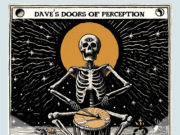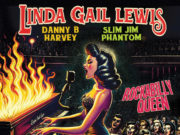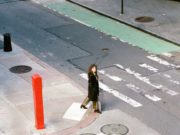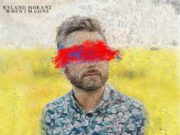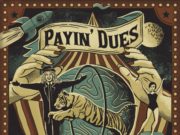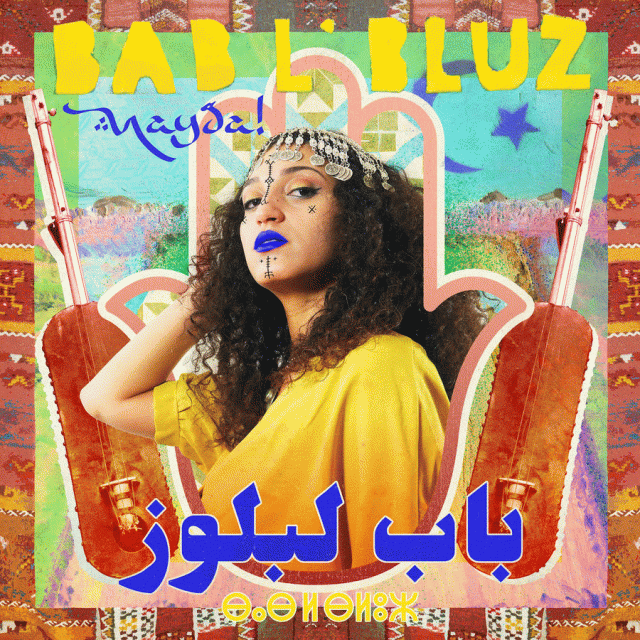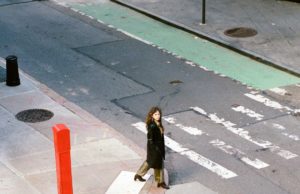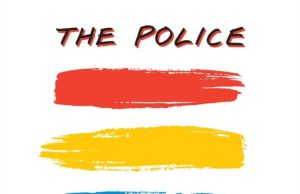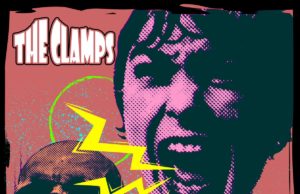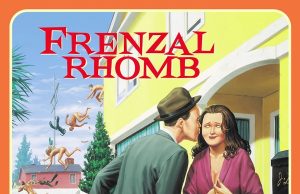Looking for some new African sounds this weekend? Here are a couple of brand-spanking offerings that should get you moving and grooving. They both let the music do the talking, so I will too.
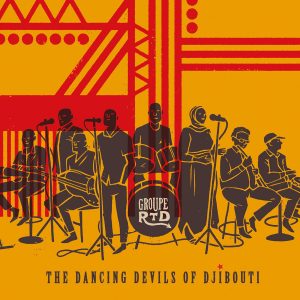 Groupe RTD
Groupe RTD
The Dancing Devils of Djibouti
THE PRESS RELEASE: “Groupe RTD is clearly one of East Africa’s best kept secrets. Helmed by Mohamed Abdi Alto, possibly the most unheralded saxophone virtuoso in all of Africa, a Djiboutian national treasure mentored by Abdirazak Hagi Sufi, originally from Mogadishu, Groupe RTD is the finest expression of Djibouti’s cosmopolitan music style. Djiboutian music, particularly the addictive brand wielded by Groupe RTD, is, by their own admission, the juncture where Indian Bollywood vocal styles, offbeat licks of Jamaican dub and reggae, sleek horns inspired by Harlem’s jazz era, Somali funk and the haunting and joyous synthesizer melodies of the Red Sea collide. Sax player Mohamed Abdi Alto — so talented that they added “Alto” to his legal name — honed his trade from a steady diet of John Coltrane and Charlie Parker. Abdirazak’s guitar style draws heavily from his love affair with Jamaican music. Young singers Asma Omar, who won a youth talent contest to join the band, and Hassan Omar Houssein are fluent in the classic hits of Bollywood and Indian music. Synth player Moussa Aden Ainan brings a distinctly dexterous Somali touch, reminiscent of the exceptional keys work of Somalia’s Iftin and Waaberi Band. Their sound is kept afloat by measured Tadjouran rhythms, courtesy of drummer Omar Farah Houssein and dumbek player Salem Mohamed Ahmed’s perfect interplay.”
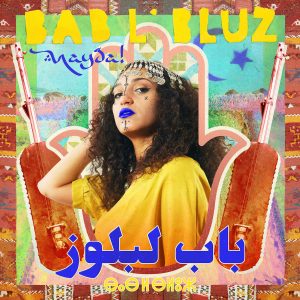 Bab L’ Bluz
Bab L’ Bluz
Nayda!
THE PRESS RELEASE: “Moroccan-French power quartet Bab L’ Bluz reclaim the blues for North Africa. Fronted by an African-Moroccan woman in a traditionally male role, Bab L’ Bluz are devoted to a revolution in attitude which dovetails with Morocco’s ‘nayda’ youth movement — a new wave of artists and musicians taking their cues from local heritage, singing words of freedom in the Moroccan-Arabic dialect of darija.”


